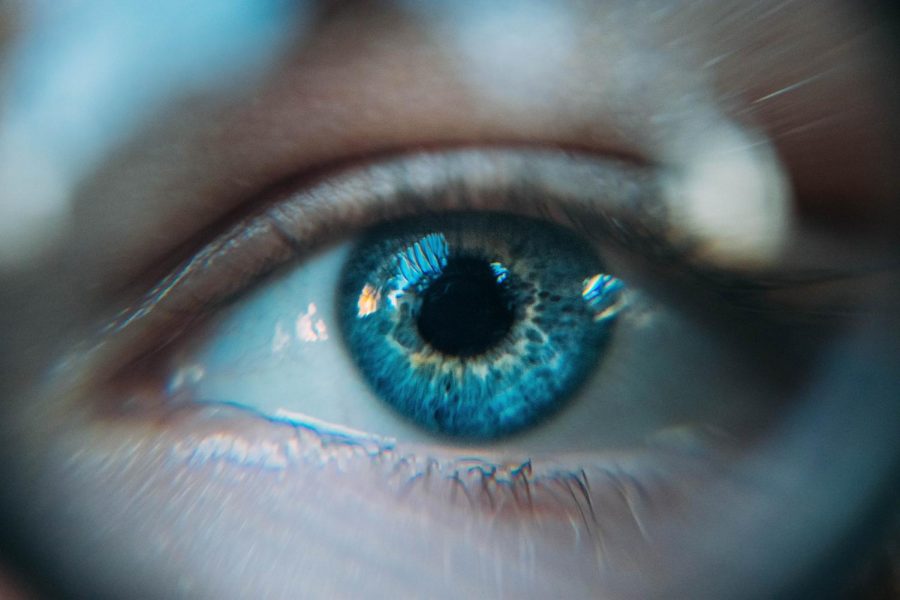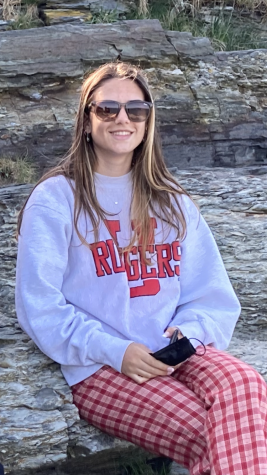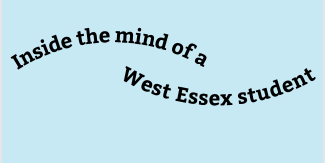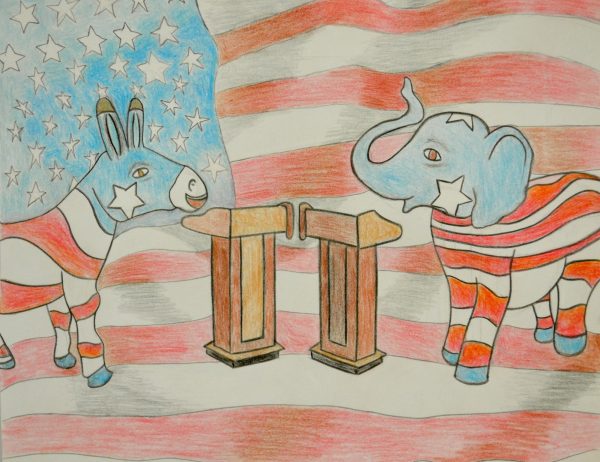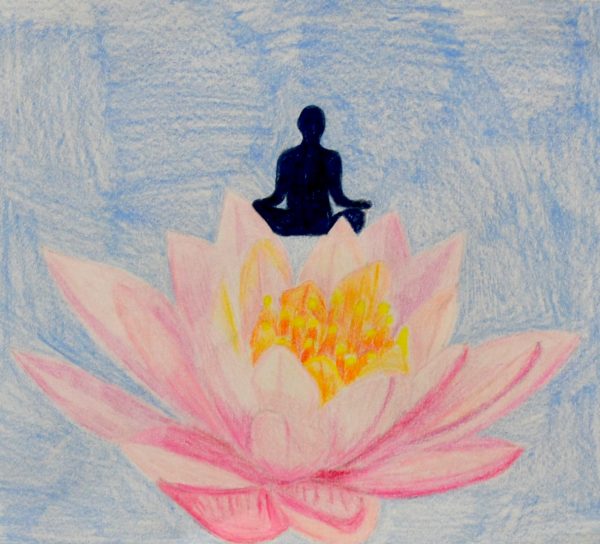Your eye color plays a role in S.A.D.
December 1, 2020
Many people are familiar with the term “winter blues”. That not so enjoyable slump that follows the winter months. With the months slowly descending into the new year, the climate gets less sunny and warm, but more dreary and cold. The change in temperature might not be the only change this season. Seasonal affective disorder (SAD) is most active in the winter months and is estimated to affect 10 million Americans.
SAD is characterized by depression that occurs at the same time each year. That bottomless feeling of the same routine happening over and over during the coldest time of the year is an actual thing. There’s bad news for those that have light or blue eyes. Eyes with less pigment are more sensitive to light. With the lack of light that comes with fall and winter, light-eyed people are more susceptible to SAD. The reason is that light-eyed people release less melatonin and serotonin, making them feel depressed or lethargic. Previous research suggests that blue-eyed people tend to live farther away from the equator, as the blue eye mutation may have been a way to cope with SAD for those who live with shorter periods of time with daylight year-round.
In most cases, symptoms appear in late autumn and fall out during the sunnier days of spring. Some symptoms may include little to no interest in activities you previously enjoyed, change in appetite or weight, trouble sleeping and an overall sense of hopelessness. It’s easy to let these setbacks get the best of you, but it isn’t the end of the world as there are ways to get back on track.
Knowing that having bad days doesn’t mean that your life is bad is the first step to recovery. Something as simple as going for a walk can be helpful. Taking time to yourself to just breathe and put one foot in front of the other is one of the easiest ways to reestablish yourself. Also, having a friend, family member or anyone else to reach out to at times or even just willing to listen to you is essential to feeling less lonely because no one is ever truly alone.
